Libsyn Blog
Everything you need to know about podcasting.
Featured Posts



Podcast Trailers: What to Include + Examples and a Free Template
Podcast trailers aren’t just a teaser, they are a powerful vehicle for creating anticipation, delivering strategic marketing messaging, and making
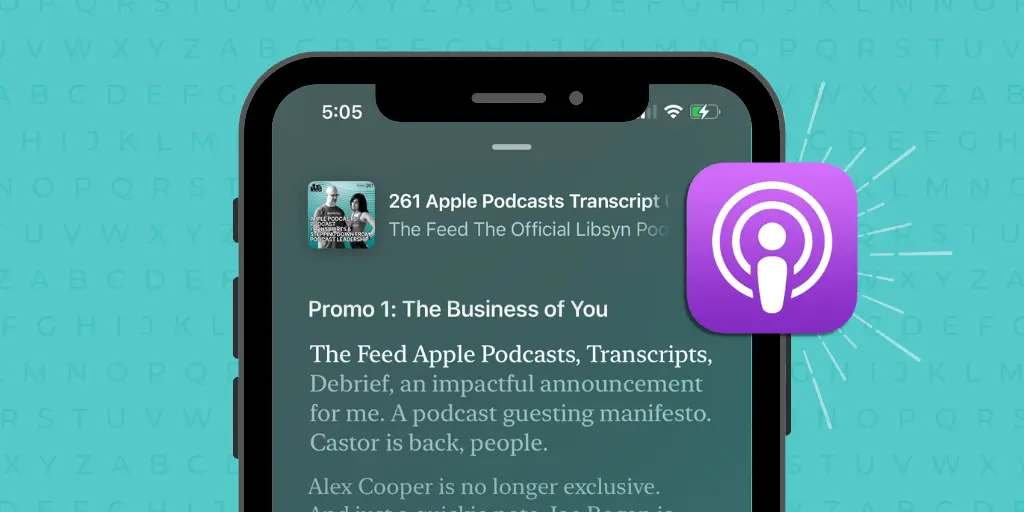


How Do I Get Apple Podcasts Transcriptions for My Podcast? A Quick FAQ.
With the latest iOS 17.4 release, transcripts on Apple Podcasts are now automatically available for many podcasters within hours of
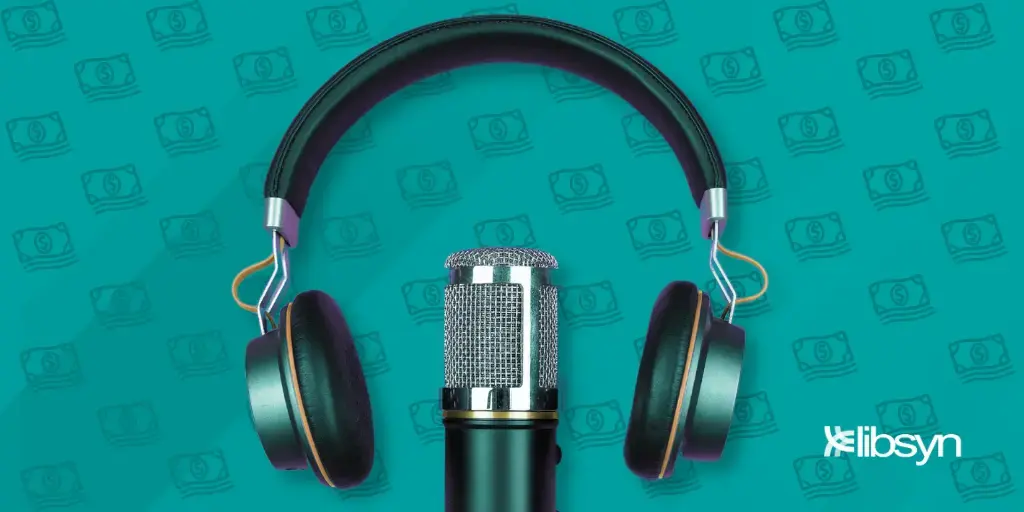

Getting Started With Podcast Ads – 5 Basics For Podcasters
Podcasts & Advertising — A Mutual Media Match Over time and many episodes, podcasters and their audiences grow increasingly interconnected.
Most Recent


March 2024 Podcast Ad Rates
If you are looking into advertising on podcasts, podcast ad rates (or CPM — Cost Per Thousand) are probably top



Podcast Trailers: What to Include + Examples and a Free Template
Podcast trailers aren’t just a teaser, they are a powerful vehicle for creating anticipation, delivering strategic marketing messaging, and making



How Do I Get Apple Podcasts Transcriptions for My Podcast? A Quick FAQ.
With the latest iOS 17.4 release, transcripts on Apple Podcasts are now automatically available for many podcasters within hours of


February 2024 Podcast Ad Rates
If you are looking into advertising on podcasts, podcast ad rates (or CPM — Cost Per Thousand) are probably top
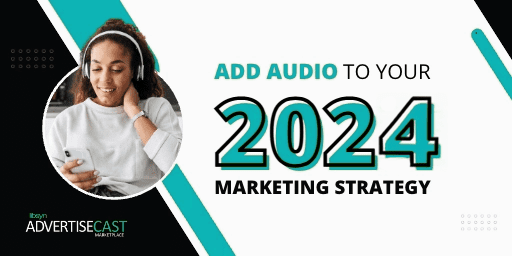

The Long-Term Audio Strategy — Trending
Does your long-term media plan include an audio strategy? It should. After listening to a recent episode of Sonic Truth,


January 2024 Podcast Ad Rates
If you are looking into advertising on podcasts, podcast ad rates (or CPM — Cost Per Thousand) are probably top
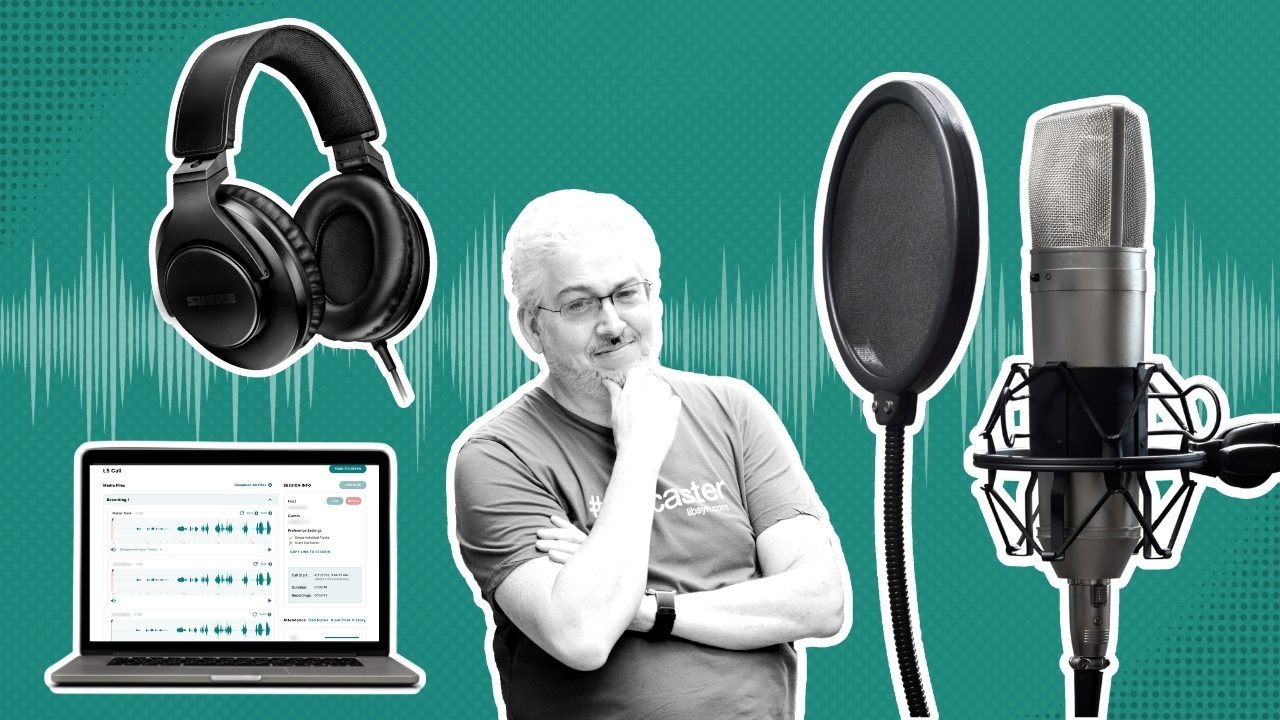

Podcast Recording Equipment List of Must-Haves
Ready to Start a Podcast? Need Some Podcasting Gear? Dave Jackson, Podcast Hall of Famer and Libsyn’s Head of Podcaster
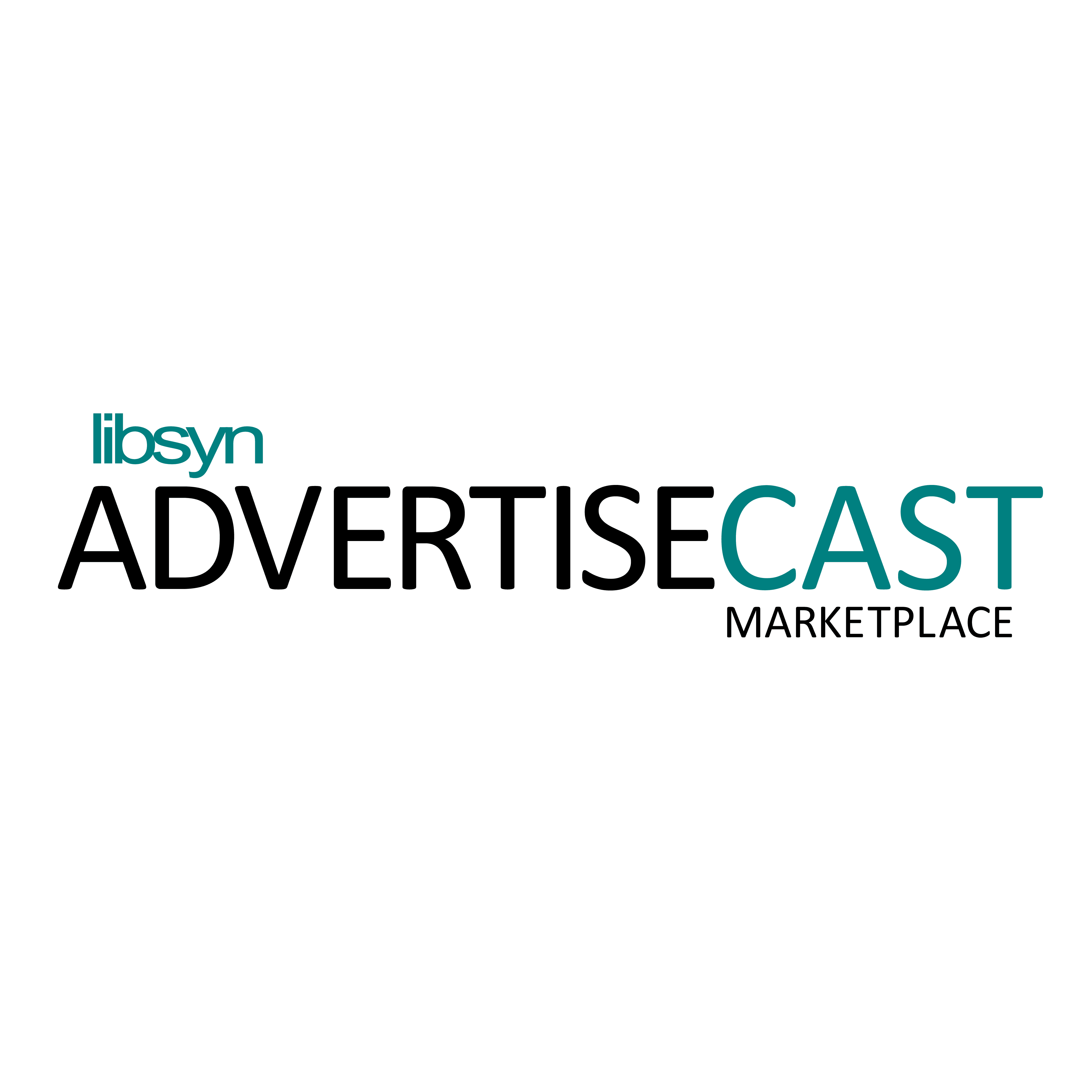

December 2023 Podcast Ad Rates
If you are looking into advertising on podcasts, podcast advertising rates (or CPM — Cost Per Thousand) are probably top


2024 Podcasting Trends — Our Predictions and Wishes
2023 shook up the podcasting world, leaving us all wondering: what’s the next big anything in podcasting in 2024? The
Video Tips
Podcasters Love Libsyn
From podcast creation to monetization, creator success is at our core.





10/10 for Libsyn Connect! Just recorded our first #blackhistorymonth #black365 interview with @BFABWInfo using @libsyn connect and 10/10 LOVE this new feature!
Samra Michael, She Well Read






Really Well Done! Just used Libsyn’s new recording tool for the first time with a remote guest. Great audio quality, great stability, and even split-tracked. Really well done!
Justin Brady, The Justin Brady Show






“We’re impressed with Libsyn AdvertiseCast’s host-read expertise and programmatic ad capabilities. They’ve consistently demonstrated a higher fill rate, making them an invaluable partner for monetization and growth.”
Lisa Laporte, CEO of TWiT.tv






“Libsyn’s AdvertiseCast brings an established track record of success with expansive advertiser relationships, proven ad formats and innovative ad tools that will enable us to grow and scale our new show.”
Mike Pesca, The Gist


